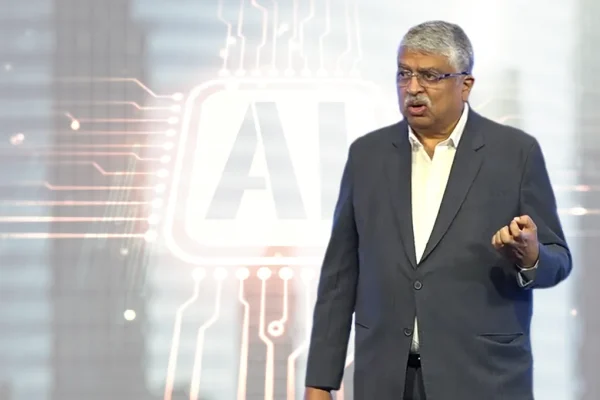Taking to X, Vembu argued that longstanding inefficiencies continue to trouble the global software landscape, calling for critical introspection.
Zoho’s Sridhar Vembu has raised concerns over India’s software and IT services sector, suggesting it’s headed for a deep structural reset—not a passing slowdown or AI-led disruption, but a long-term transformation spanning decades.
In a post on X, Vembu argued that the global software sector has long struggled with inefficiencies in both product design and service delivery.
“My view: this isn’t merely a cyclical dip or an AI-driven shift. Trouble loomed even without tariff uncertainties. The software industry has long suffered inefficiencies in products and services, worsened by decades of bubble-driven excess,” wrote Vembu, who stepped down as Zoho CEO in January to focus on R&D.
He pointed out that India, a key exporter of software and IT services, has adapted to and even depended on these inefficiencies, with millions of jobs linked to the sector’s growth.
“Unfortunately, India adapted to these inefficiencies, with jobs becoming reliant on them. The IT sector drew in talent that could have otherwise gone into manufacturing or infrastructure,” he said.
Vembu’s remarks come as concerns grow over the software industry’s future, with AI and automation poised to disrupt traditional business models.
Analysts suggest AI-driven software could streamline development, cutting the need for large teams and potentially diminishing the economic power of software companies, particularly in nations like India reliant on software exports.
While AI and trade uncertainties, like tariffs, dominate discussions on global tech supply chains, Vembu contends these are just part of the issue. He argues that even without such disruptions, the industry’s inherent inefficiencies would have eventually caused problems.
“We’re just beginning a long reckoning. The past 30 years won’t guide the next 30. We’re at a pivotal moment,” Vembu warned, urging industry leaders to question their assumptions and rethink future strategies.


























